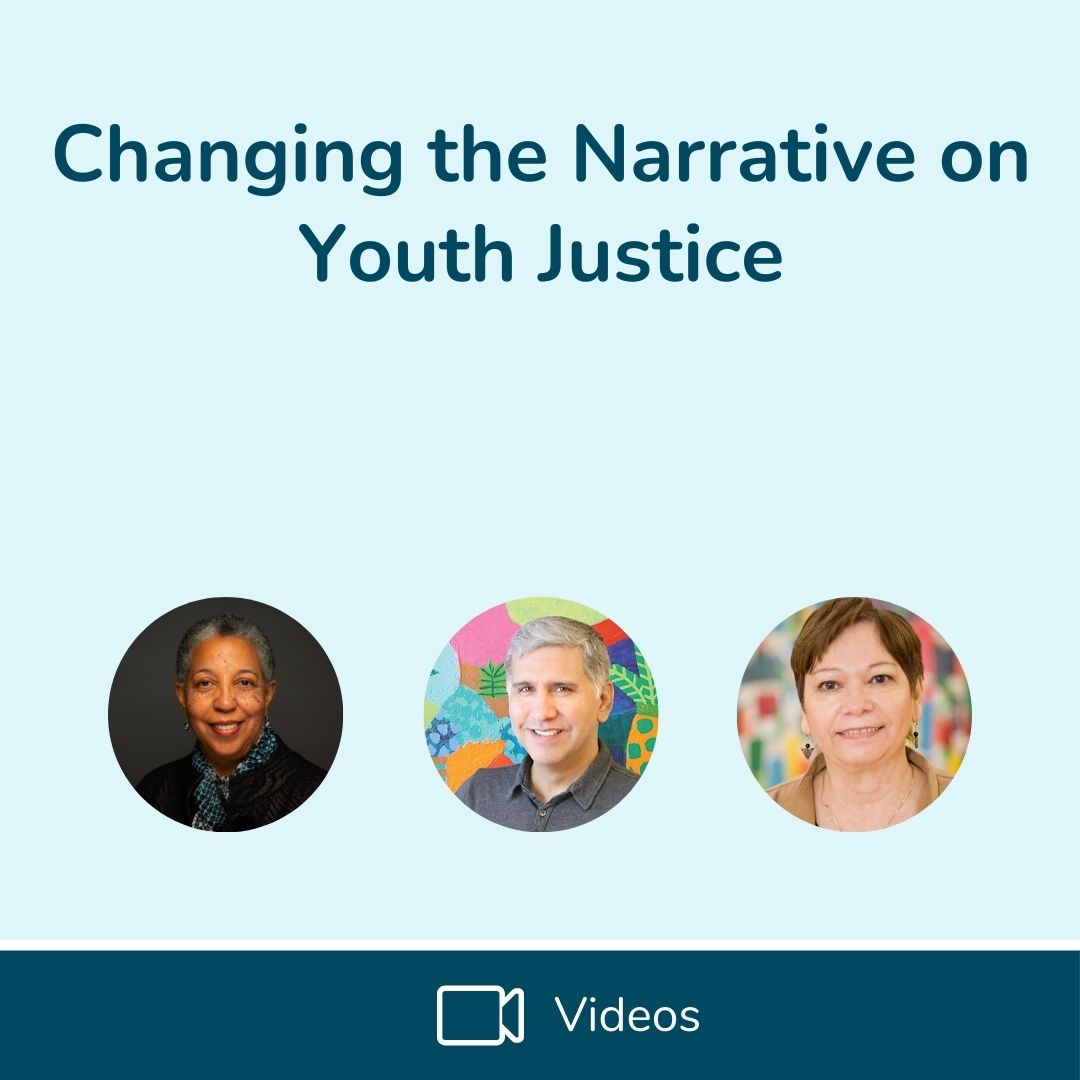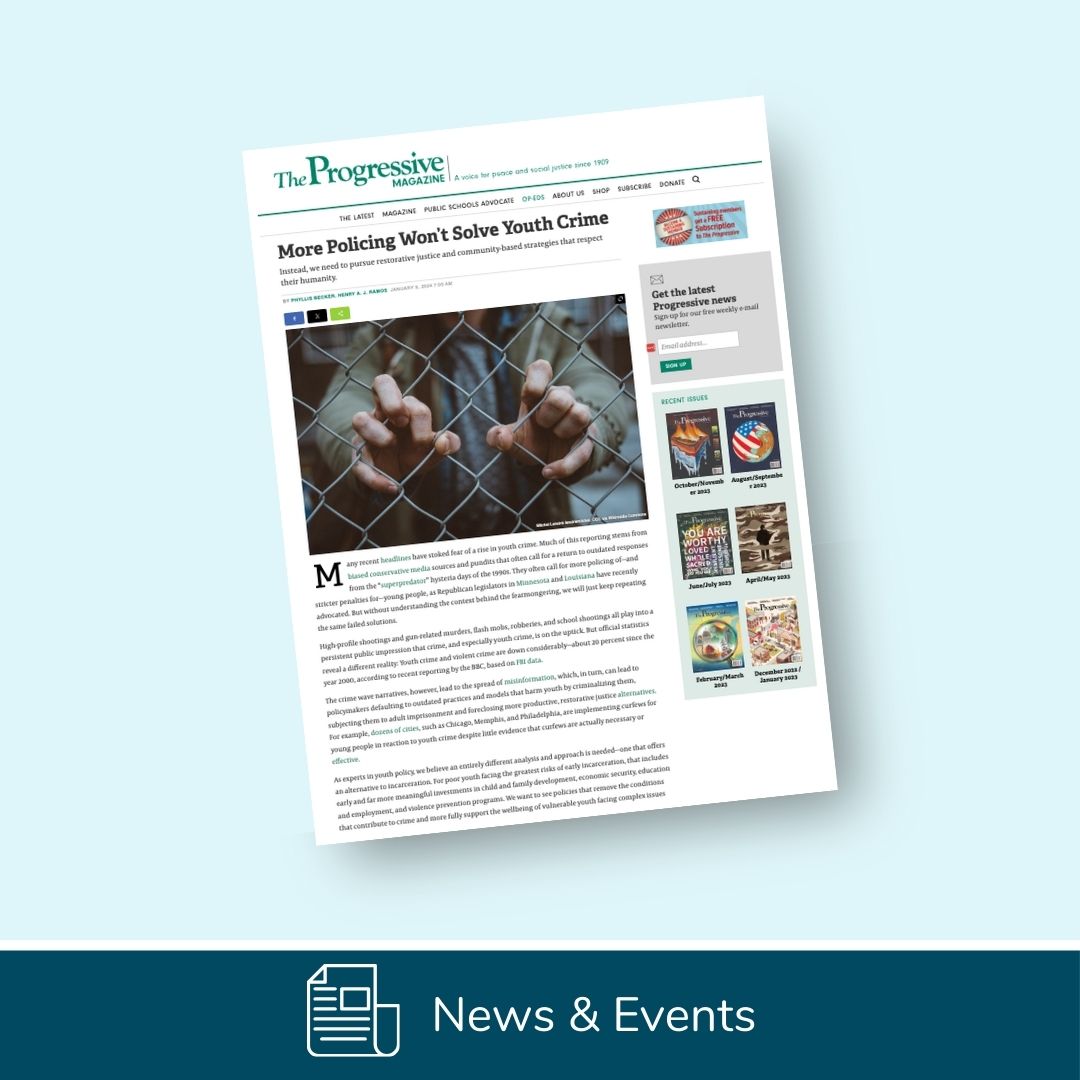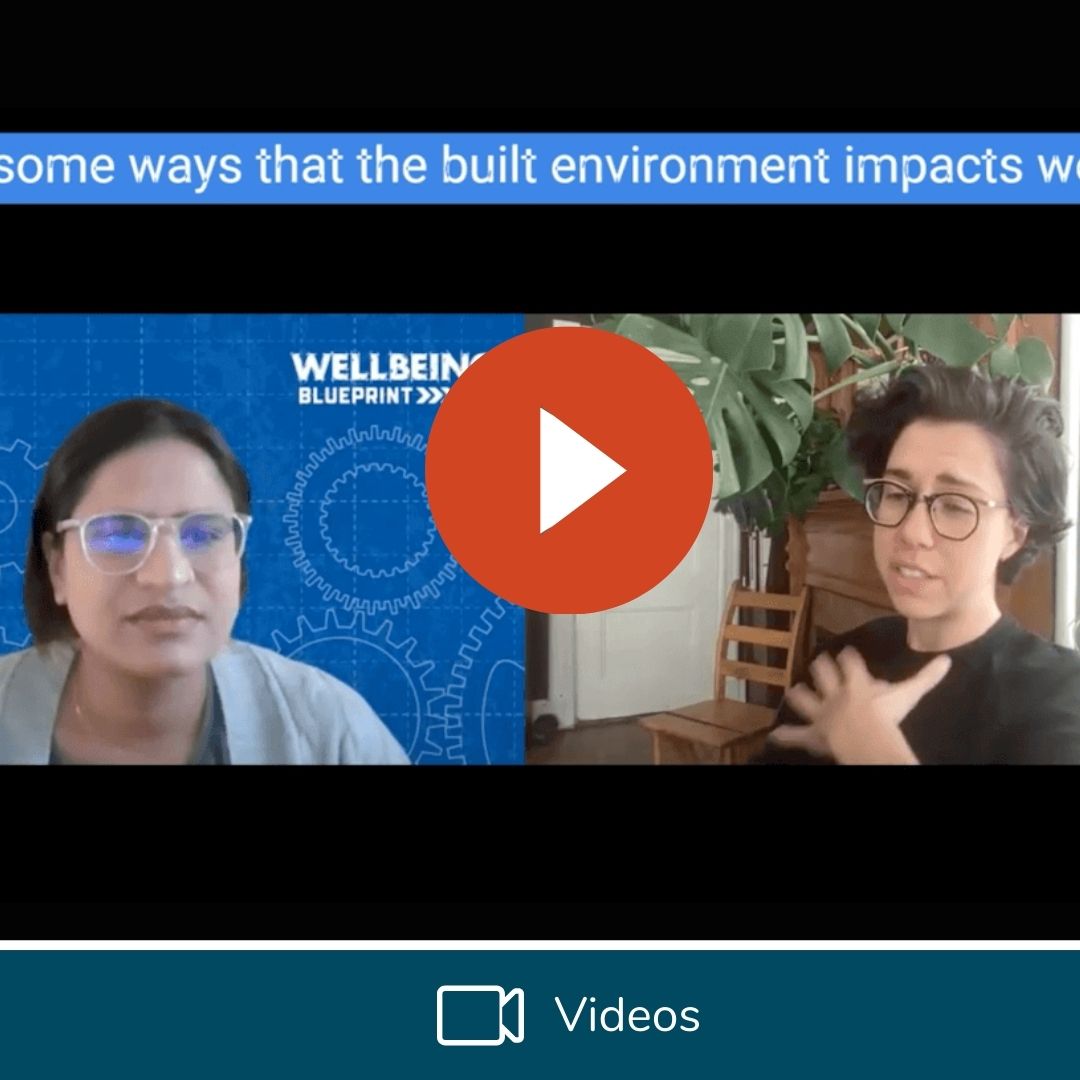We can’t build a country where everyone has a fair shot at wellbeing without seeing young people, families and communities in the full frames of their lives. To do that, we also need to change the narratives about youth, particularly youth who are impacted by the justice system and young people of color.
In early 2024, FFI Senior Fellow Phyllis Becker was joined by two leaders who are transforming both the narratives that shape perceptions of crime and the systemic responses. Henry A.J. Ramos is a Senior Fellow at the New School Institute on Race, Power, & Political Economy and Gladys Carrión is the Co-Chair of Youth Correctional Leaders for Justice and Founding Advisor of Catalyze Justice. Tune into their conversation as they shift the narrative on youth justice to highlight solutions that center wellbeing.
Why is it important to challenge pervasive narratives about youth crime?
Henry A.J. Ramos: When we watch the news, or hear stories about youth and youth crime, particularly as it pertains to youth of color, it’s always extremely sensationalized and not very favorable. And I think that the reason why we need to change that narrative is because it is operationalized in our culture and our systems. It has the tendency to justify denying rights and opportunities to young people, particularly young people of color. Which includes the justification of divesting from key areas that would be helpful to their full development, education, training, the arts and other value-proposition-driven investments. And ultimately directing resources to very punitive systems in the youth and adult criminal justice space. This produces both tremendous unfairness, but also social problems that really begin to build on themselves. Changing the narrative, at its heart, is an essential starting point for really getting more right about what the data tell us is happening, and more right about what we need to do to reinvest in our communities, particularly our youth of color, and not invest in areas that are so counterproductive to their wellbeing, their health and their asset-sharing with the rest of us.
Gladys Carrión: These very negative and punitive narratives really justify dehumanizing our young people, not investing in our young people or in our communities. It justifies this fear-based policymaking and drives disinvestments in communities – defying what the research tells us that works, what we understand works best for young people. The current narrative appeals to a perception that is undergirded by racism and justifies the worst about human nature. And the media sensationalizes this. From the perspective of a system leader who is running a youth justice system, and I use the word “justice” very loosely here, because this language prompts the very punitive negative stereotyping of our young people that justifies punitive responses to actions by young people and mistakes that young people make. It’s not grounded and not based on the research, not based on the data, not based on the facts. We use this false narrative to justify doing what doesn’t work, what is wrong for young people, and it is disconcerting and so harmful. False narratives are also really undoing the good work that has been done now for quite a few years, to right-size the system to decarceration and to invest in communities. With this negative narrative, system leaders have to push back all the time.
How are you and your colleagues doing the work of shifting the narrative to bring about systemic change?
Gladys Carrión: It is really hard work. We’ve started to focus on creating partnerships with the media. We’re exploring how we work with progressive media to help inform their reporting, to help with interpreting and being a resource for the facts. We are working with them as they write, and appear on TV and on social media to inform their perspective and challenge the narratives that portray young people as predators. We have to stay vigilant and make sure that the facts and the right information are going out. We are also continuing to look at who else is doing this work, how we can partner with them and leverage each other’s voices and work.
Henry A.J. Ramos: At the Institute on Race, Power, & Political Economy, we address the imbalance in a couple of ways. One is to address the over-emphasis in our culture on reporting on individual circumstances, individual rights and other frameworks that relate to the agency of the individual and the choices of the individual, because that becomes an easy place to talk about morality and people who are deserving and undeserving. We focus instead on systems that have a very impersonal effect, however are very biased in how particular groups of people are treated. People of color, poor people, people who walk about the world in non-conventional ways are easy targets to single out as troublemakers or not worthy of the benefits that the rest of us are entitled to in our public and private systems. We try to attack the analysis that is rooted in American culture about the individual as the center of gravity and talk more about systems and their imperfections and biases.
As economists who think about the cost benefit, we’re also focused on the idea that it’s truly pennywise and pound foolish to promote policies like we see that essentially treat Black and brown kids as throwaways. It costs as much to send a kid to Harvard as it does to incarcerate them. There are clear tracks that people in those two realities are taking in terms of their social and economic product that are quite different. If you start early in a young child’s life, and you criminalize them and put them in a cage, and then take away their voting rights and their economic empowerment, you’re not only denying society the benefits of the remarkable inherent talent that every individual has. You’re also actually hurting their families, destroying their communities, and you are foregoing the opportunity to have the other side of the equation which is all of the incredible asset building that would come from lifting up their inherent vision, talent, skill, humanity. We talk a lot about the economic tradeoffs that come with taking the punitive course that we’ve too often taken over the past decades.
What’s one thing you think that people can do to support the systemic and narrative changes that are needed?
Henry A.J. Ramos: We all as citizens or people that are members of society have a responsibility to educate and inform ourselves, and in the best way we can see what’s really going on and not just absorb sensational reporting or biased reporting and take it at face value. We have to have a more mature and discerning frame for how we absorb information and how we use it. As we become educated and informed, we need to activate, we need to become engaged and involved directly and use our voice to unapologetically speak out about injustices that are very clearly affecting our communities. And I think that the more we do that, and the more we harness and unite our organizing efforts, so that they’re not just singular, or focused on one issue approaches, the more likely we are to build what is most foundational and important in a democracy, and that is power. We need to build and utilize our power to get different outcomes in the systems that we know are not working for us and not designed to work for us.
Gladys Carrión: I want to focus on leaders in systems and leaders who hold any privileged position. We have a larger responsibility to be visible about challenging these negative narratives, and the attempts to dehumanize our young people. It’s very important that as a leader, you acknowledge and call out, and you work to get the right information out into the community, to disseminate the data, what’s working and what’s not working, and allow the community and young people to have a voice. What made the transformation possible in New York was building a movement, and speaking to young people. We can’t afford as a society to give up on them. Whether you’re a PTA leader, whether you are a system leader, whether you’re an academic, you have a responsibility to speak out, and join with others, to call that out at every instance.



